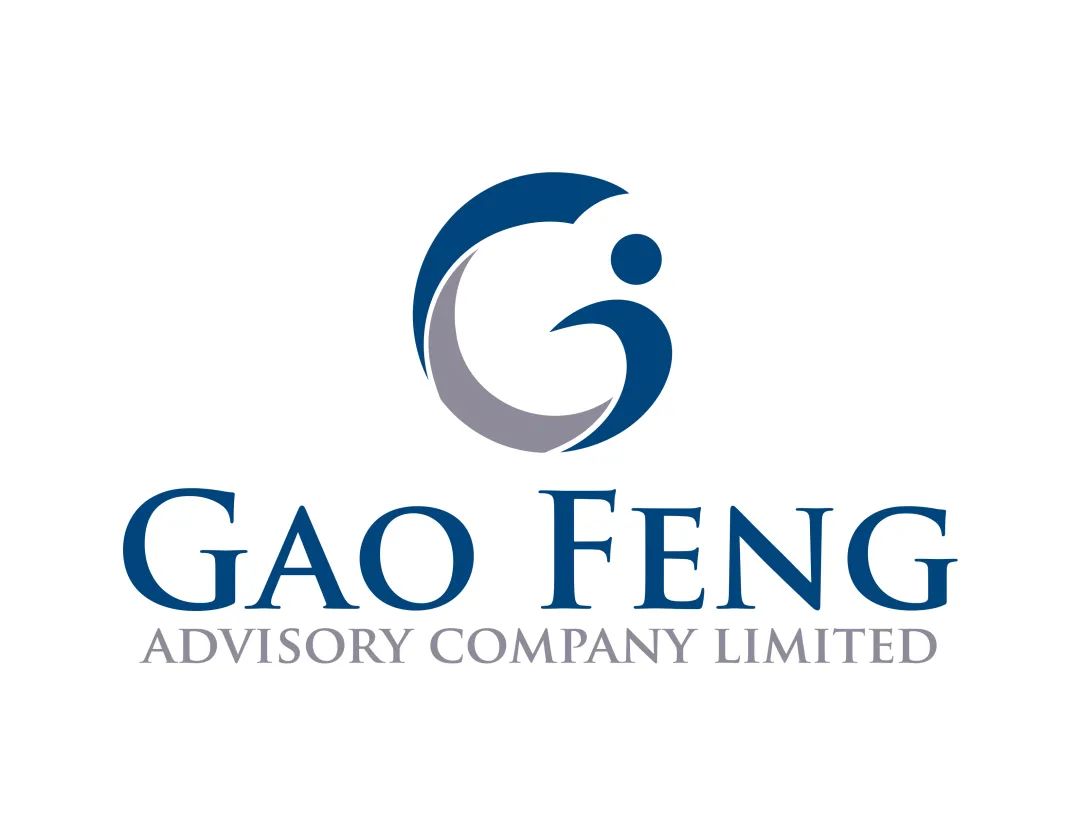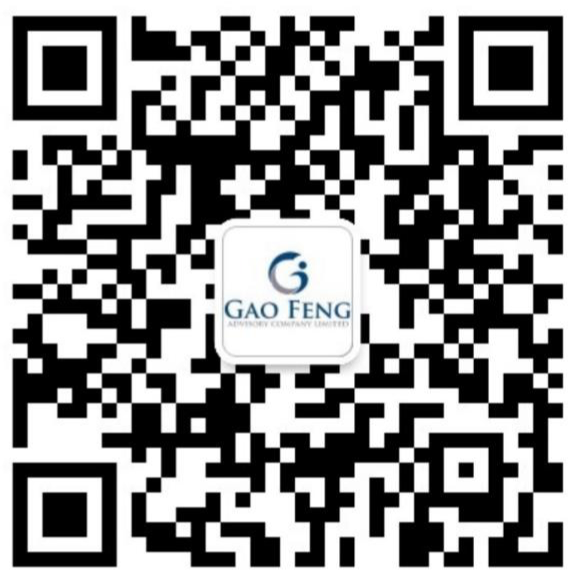"Desinicization" and "Deglobalization" Never Happened

Translated from original published in Chinese on December 17th issue of Yabuli Standpoint
China’s most recent customs data show that the country’s exports in November surged 21.1% year-on-year, the fastest growth since February 2018.
China managed to largely contain the COVID-19 pandemic in the second quarter of this year and since then its economy has recovered impressively. Rebounding from a contraction of 6.8% in the first quarter, China’s GDP grew 3.2% in the second quarter and 4.9% in the third, followed by an even more optimistic estimation of growth in the fourth quarter.
At the peak of the pandemic in this year’s first quarter, many pundits were predicting that global supply chains and foreign companies would leave China in large numbers. They called this phenomenon “desinicization.” As such, they also predicted that globalization would go into reverse gear and the world would enter into a new era of “deglobalization.”
On April 7, the Japanese government declared a Coronavirus emergency and approved a 108 trillion yen (around $1 trillion) stimulus package, of which 220 billion yen ($2.2 billion) were earmarked for “Supply Chains Reform” which was essentially to help Japanese firms relocate their businesses back to Japan.
On April 9, Larry Kudlow, a top economic advisor to US President Donald Trump, said the US government should allow deduction of the entire moving expenses of American companies if they relocate away from China, as the government was striving to rejuvenate its economy hobbled by the pandemic.
Almost at the same time, French carmaker Renault announced that it would sell its stake in a Chinese joint venture with Dongfeng Motor Corporation to Dongfeng, putting an end to the sale of Renault-branded passenger cars in China.
On April 3, journalist Kenneth Rapoza wrote in Forbes in an article titled, “The Post-Coronavirus May Be the End of Globalization,” that advanced economies will become more localized and the supply chain will become more fragmented. He also issued a warning of sorts, “You will see a decline in fixed investment globally as you’re seeing now in the middle of the pandemic, especially emerging markets. For them, de-globalization and disinvestment could be especially devastating.”
Likewise, an American journalist Daniel Greenfield published an article in Front Page on the same day titled, “Pandemic Hardening Can Make America Great,” where he argued that the fight against COVID-19 would lead to smaller populations, reduced immigration and “re-ruralization” of the US Instead of massive malls selling a plethora of “Made in China” goods, smaller businesses would sell products made locally for “a more decentralized shopping experience.”
These views were shared and propagated by many, including some Chinese economists, academics and think tanks. Many thought “desinicization” and “deglobalization” will become the new normal in the post-pandemic global order.
But is this true?
The Chinese government has embraced multilateralism and is committed to building a “community with a shared destiny for humankind.” China has been accelerating its opening-up and granting foreign companies increasing access to its market in a large number of sectors, including automotive, energy, telecommunications and finance. In 2018, Beijing announced its resolve to gradually lift restrictions on full foreign ownership of automotive companies. To this end, US electric vehicle maker Tesla built a new “Gigafactory”, a wholly foreign-owned auto-manufacturing plant in Shanghai. And since China started to eliminate restrictions on foreign ownership of energy companies, large multinational energy companies including Exxon Mobil and BASF have begun to build multi-billion dollar fully-owned chemical plants in China. With the opening-up of China’s huge financial market, in August the world’s largest asset management company BlackRock gained approval to set up a wholly-owned asset management business in Shanghai.
On December 8, Robert Lewis, an experienced US lawyer focusing on China-related businesses and legal services, pointed out in his article “Decoupling from China Rejected by Biden Team” in Asia Times, that decoupling from China is not realistic in any way. Furthermore, he said, “China’s comparative advantage is no longer inexpensive labor. In fact, labor costs in China continue to rise.” At the same time, Lewis pointed out, “Chinese producers have substantially upgraded their capabilities, first by organizing and coordinating complex supplier networks, managing inventory and controlling quality of materials and components, and second, by moving into production of more sophisticated key components which previously were supplied from abroad. For example, in 2009, China only assembled the Apple iPhone 3G, representing 3.6% of the total bill for materials. By 2018, China was producing many of the more complex components for the iPhone X, including the printed-circuit board, battery pack and camera module, increasing its share of the bill of materials to 25% of the total.” Multinational companies “cannot afford to decouple” as they have formed strong stickiness to the massive China market as well as its mature supply chain network.
AmCham Shanghai conducted a survey covering 124 American companies operating in China after Joe Biden was elected as the next US president. This survey found that 53.2% respondents were not inclined to revise their investment plans in China, while 13.7% plan to increase investment in China. Also, 47.6% respondents expected their annual revenue in 2020 to surpass that in 2019; this number was 32.5% this July. In terms of the global footprint of companies, 82.4% of manufacturers said they would not relocate out of China in the next three years.
The Sentiment Survey just released by British Chamber of Commerce in China shows that British companies are still putting China market as their priority and the majority is optimistic about China’s economic growth in the next year. For this reason, 82% of respondents will increase investment and only 3% are actively moving to relocate their businesses out of China.
Over the past 30 years, Globalization 1.0 consisted mainly of major Western countries being the demand center of products while the East has been the key supply center. This era of globalization created significant value for many countries in the world. However, some countries failed to distribute the economic gains of their large companies to the working class. These problems were caused by the systems and policies of these countries, not by globalization per se.
With the rise of the middle-class, China (as well as some other Asian countries) is also emerging as a demand center while maintaining its role as a supplier. China’s domestic demand and supply will form the flywheel of “internal circulation” envisioned by the Chinese government. At the same time, the “external circulation” flywheel will continue to play an important role, meeting the demand from Western developed countries. Also, as the RCEP (Regional Comprehensive Economic Partnership) begins to take shape, the Asia-Pacific “regional circulation” flywheel will become increasingly more important. We are entering into a new era, Globalization 2.0, not the so-called “deglobalization”.
Despite Globalization 2.0, regionalization, if not localization, of some supply chains may also begin, though it is unlikely to grow to be a major trend. Some companies will adopt distributed manufacturing for risk diversification.
For Chinese companies, it will be critical to identify the future trends of China as well as the world, and to make clear strategic decisions, rather than simply be part of an echo chamber. It will also be worth their, and the investors’, time to observe the strategic moves made by foreign companies in China, who can either be competitors or collaborators. Strategic collaboration and competition in the future under Globalization 2.0 will be exciting.
About the Author
Dr. Edward Tse is founder and CEO, Gao Feng Advisory Company, a founding Governor of Hong Kong Institution for International Finance, Adjunct Professor of School of Business Administration at Chinese University of Hong Kong and Professor of Managerial Practice at Cheung Kong Graduate School of Business. One of the pioneers in China’s management consulting industry, he built and ran the Greater China operations of two leading international management consulting firms (BCG and Booz) for a period of 20 years. He has consulted to hundreds of companies, investors, start-ups, and public-sector organizations (both headquartered in and outside of China) on all critical aspects of business in China and China for the world. He also consulted to a number of Chinese local governments on strategies, state-owned enterprise reform and Chinese companies going overseas, as well as to the World Bank and the Asian Development Bank. He is the author of several hundred articles and five books including both award-winning The China Strategy (2010) and China’s Disruptors (2015), as well as 《竞争新边界》 (The New Frontier of Competition), which was co-authored with Yu Huang (2020). He holds a SM and s SB in Civil Engineering from the Massachusetts Institute of Technology, as well as a PhD and an MBA from University of California, Berkeley.


Gao Feng Advisory
Gao Feng Advisory Company is a professional strategy and management consulting firm with roots in China coupled with global vision, capabilities, and a broad resources network
Wechat Official Account:Gaofengadv
Shanghai Office
Tel: +86 021-63339611
Fax: +86 021-63267808
Hong Kong Office
Tel: +852 39598856
Fax: +852 25883499
Beijing Office
Tel: +86 010-84418422
Fax: +86 010-84418423
E-Mail: info@gaofengadv.com
Website: www.gaofengadv.com
Weibo: 高风咨询公司
